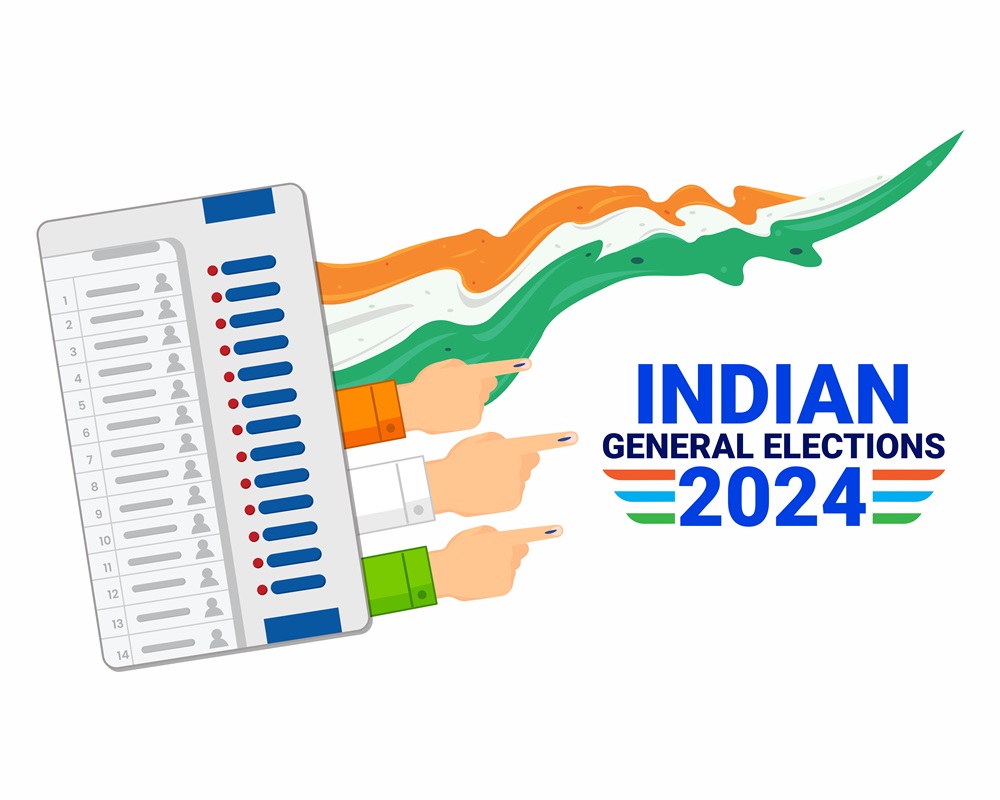Hack? Yes. Hack? No: Elon Musk vs. Rajeev Chandrasekhar on EVMs
Former Union Minister Rajeev Chandrasekhar offers to provide Elon Musk with a tutorial on securing EVMs.
New Delhi: Tesla chief Elon Musk and former Union Minister Rajeev Chandrasekhar have sparked a debate on X (formerly Twitter) regarding the potential risks of electronic voting machines (EVMs) being hacked and manipulated, and whether the world should revert to paper voting.
Elon Musk initiated the discussion by questioning the reliability of EVMs, citing media reports of voting irregularities in Puerto Rico's elections involving hundreds of EVMs.
"Luckily, there was a paper trail, so the problem was identified and vote tallies corrected," independent US presidential candidate Robert F. Kennedy Jr. said in a post on X.
Rajeev Chandrasekhar, former head of the electronics and information technology ministry, responded to Musk, suggesting the tech magnate's comment implied that "no one can build secure digital hardware."
Chandrasekhar offered to run a tutorial for Musk on building secure EVMs, stating, "This is a huge sweeping generalisation that implies no one can build secure digital hardware. Wrong. Elon Musk's view may apply to the US and other places where they use regular compute platforms to build internet-connected voting machines."
India used EVMs in the recent Lok Sabha elections, and several political leaders, primarily from Opposition parties, have echoed Musk's concerns, advocating for a return to paper voting to maintain voter trust in the democratic process.
Rahul Gandhi and Akhilesh Yadav Join EVM Debate
Rahul Gandhi, a vocal critic of EVMs, argued, "EVMs in India are a 'black box,' and nobody is allowed to scrutinise them. Serious concerns are being raised about transparency in our electoral process. Democracy ends up becoming a sham and prone to fraud when institutions lack accountability."
Akhilesh Yadav, Gandhi's ally from the Opposition INDIA bloc, noted that technology experts globally are warning about the dangers of EVM tampering. "We reiterate our demand that all future elections be conducted using ballot papers," Yadav said.
Chandrasekhar defended Indian EVMs, explaining they are custom designed and isolated from any network or media, with no connectivity options like Bluetooth, Wi-Fi, or the internet, making them secure. He stated, "Electronic voting machines can be... built right as India has done..."
Musk replied, "Anything can be hacked."
Chandrasekhar conceded that "anything is possible" in theory but clarified that this was a different conversation from the practical security and reliability of EVMs. He said, "... With quantum compute, I can decrypt any level of encryption. With lab-level tech and plenty of resources, I can hack any digital hardware/system including the flight controls of a glass cockpit of a jet, etc. But that's a different type of conversation from EVMs being secure and reliable..."
The Supreme Court has ruled that it cannot dictate the functioning of the Election Commission (EC), a constitutional authority, regarding EVMs. The EC has consistently maintained that India's EVMs are foolproof.
An EVM consists of a control unit and a balloting unit, connected by a cable and a VVPAT (Voter Verified Paper Audit Trail) machine. The VVPAT allows voters to verify if their vote was cast correctly and attributed to the intended candidate.

